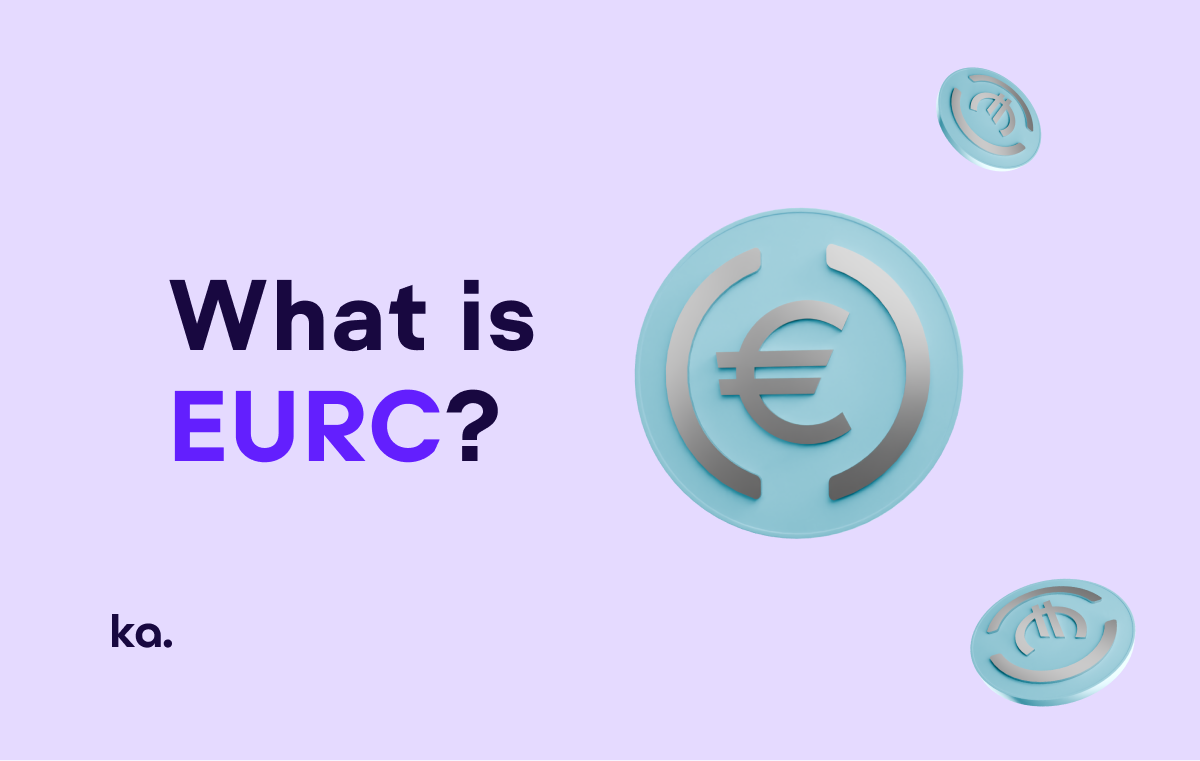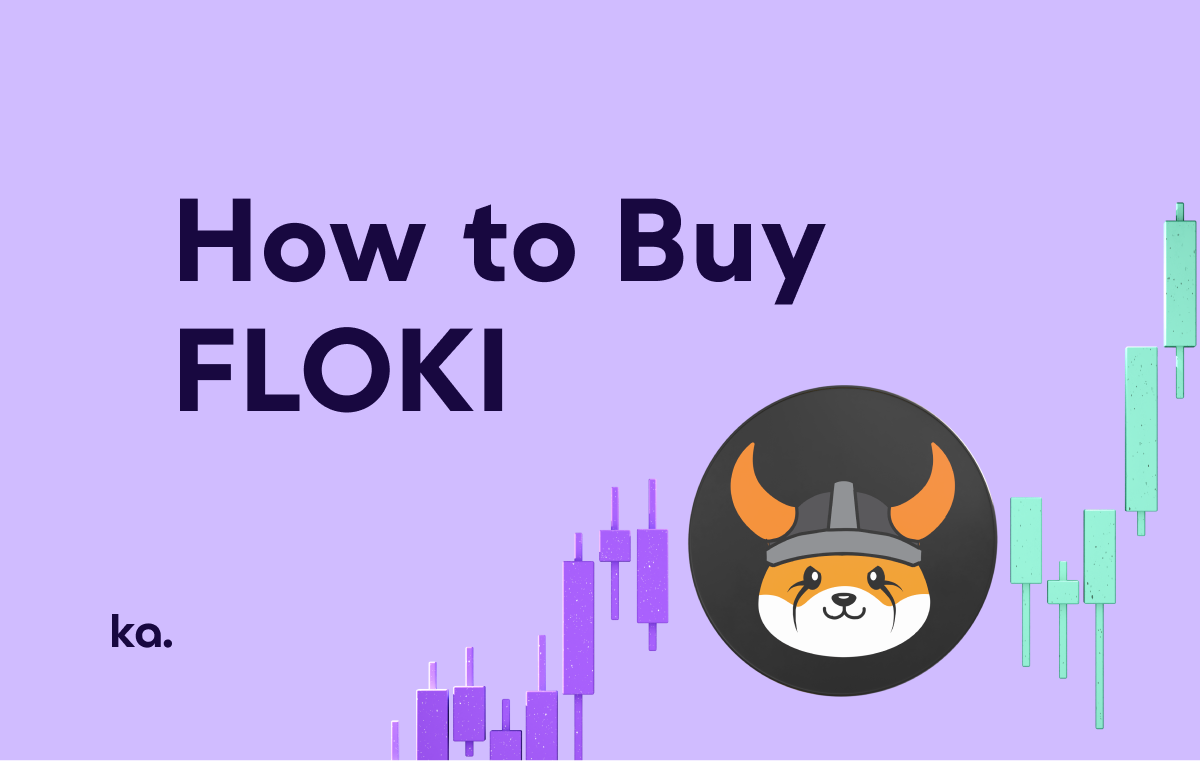
Securing digital assets like Bitcoin and other crypto isn’t the same as protecting cash, gold, or other traditional assets. Since crypto is decentralised, there’s no centralized authority responsible for protecting your fund. This also means if your assets are lost or stolen, you may not be able to recover them at all.
In this blog, we’ll discuss how to store cryptocurrency and Bitcoin safely, while minimizing the risks associated with holding digital assets. Also, if you haven't already, sign up on Ka.app now.
Why Is Proper Crypto Storage Important?
Properly storing your assets is crucial because there aren't as many rules or protections in the crypto realm as they have in banks and other financial institutions. Some sneaky thieves or hackers could come along and snatch up your funds without leaving a trace, and if you lose your assets, there's not much you can do to get them back.
Also, using proper storage methods can help protect your personal information, including your private keys, from falling into the wrong hands.
Where to Store Crypto?
Although no storage method is 100% secure, storing crypto in a secure and reliable crypto wallet is one of your best options. Crypto wallets are designed to keep your assets safe from theft or loss and usually have security measures in place to make them less vulnerable to hacking attempts or cyber-attacks.
What Are Crypto Wallets?
Crypto wallets allow you to store crypto securely and complete other transactions. They come in different forms – some are apps you can download on your phone or computer, while others are physical devices that look like USB sticks.
Each crypto wallet provides a unique wallet address, like a bank account number, that you can use to receive and send crypto.
Two Categories of Crypto Wallets
Crypto wallets are divided into two categories. Let’s discuss both, including the specific types of wallets they cover.
1. Hot Wallet
Hot crypto wallets allow you to access your assets anytime with an internet connection. Think of them like your digital pocket, where you can easily store, send, receive, or convert crypto.
You can access a hot wallet through a website or a mobile app, just like you access social media or play games on your phone. Hot wallets are often backed up with seed phrases or recovery phrases that you can use to recover lost or stolen funds.
However, since hot wallets store your private keys online, they are more vulnerable to hackers and thieves. Be sure to choose a wallet with strong security measures, while using strong passwords and enabling extra security features like two-factor authentication (2FA).
Types of Hot Wallets
The common types of cold wallets include:
a. Mobile Wallet
A mobile crypto wallet usually comes in the form of a mobile application. It lives on your phone and allows you to manage your crypto assets and facilitate peer-to-peer crypto transactions on the go.
b. Web Wallet
Also known as an online wallet, a web wallet enables you to store and manage your assets through a web browser. They’re usually provided by a third party, such as a crypto exchange or a crypto payment platform.
c. Desktop Wallet
You can download and install a desktop wallet on your computer. With this type of wallet, you can do crypto-related activities all from the comfort of your own desktop. They don't rely on a third party to manage your crypto, so you have more control over your own security and privacy.
2. Cold Wallet
Unlike hot wallets, cold wallets are completely offline. They may not be as convenient as hot wallets, but they offer the maximum security for your crypto because no one can access your assets without physically getting their hands on your cold wallet. Plus, since they're offline, you don't have to worry about digital threats like viruses or malware.
You must store it in a safe place though, away from potential thieves or damage, and back up your private keys in case something happens with your wallet.
Types of Cold Wallets
The common types of hot wallets include:
a. Paper Wallet
A paper wallet is a printout containing your public and private keys, which are the secret codes that let you access your crypto. You can generate a paper wallet using a special tool online or offline and print it out for safekeeping.
b. Hardware Wallet
Instead of holding your digital coins on an exchange or software wallet, a hardware wallet is a physical device that stores your private keys. It's usually small enough to fit in your pocket, and you can connect it to your computer or phone via USB or Bluetooth.
Which Type of Crypto Wallet Is the Best?
The best crypto wallet could be different for each user, depending on their preferences. In terms of security, the best place to store crypto is a hardware wallet because as mentioned, it’s a small device that stores your private key offline, which means nobody can steal it from you through the internet.
Plus, it's tough to break into, so you can rest easy knowing your assets are safe and sound. They also require a physical button or other authentication method to confirm transactions, adding an extra layer of security.
Meanwhile, if you’re new to crypto, a great option is the best cryptocurrency app for beginners. It’s a secure, reliable, and easy-to-use crypto wallet with a QR code that allows you to quickly send, receive, swap, convert, and lock up crypto in just a few taps.
How to Protect Your Cryptocurrency
Regardless of which storage method you choose, here are some best practices you should follow on how to store cryptocurrency and Bitcoin safely:
Store your crypto in a secure and reliable crypto wallet or platform. Sign up for an account now.
Keep your private keys in hardware and hide them in a secret lair.
Create a strong password that no one can crack. Get creative and use unique phrases or combinations.
Keep your crypto app or platform up-to-date with the latest features and security measures.
Beware of sneaky scammers trying to trick you with phishing scams. Stay sharp, and don't fall for their tricks.
Final Thoughts
Choosing the right crypto wallet plays a significant role in your crypto’s safety. By using secure storage methods and following the above-mentioned tips on how to store cryptocurrency and Bitcoin safely, you can protect your hard-earned assets and reduce the risk of theft, hacking, or loss.
FAQ
What is the safest way to store crypto?
For long-term holding of assets, the safest way to store crypto is using a hardware wallet. They keep private keys offline and are less vulnerable to online attacks or hacking attempts.
However, if you prefer a hot wallet so you can easily access your assets online, a good option would be a mobile wallet with security measures that prevent hacking and other illegal financial activities.
Does your crypto grow in a wallet?
The value of your crypto can increase or decrease while stored in a wallet based on several factors, such as market demand, supply, and even news or events related to the specific coin or token you own. Therefore, if the value of your crypto goes up, the amount of funds you have in your wallet technically grows as well. At the same time, if the value of your crypto goes down, then the amount of money in your wallet could decrease as well.
What security measures should you look for in a crypto wallet?
Some security measures you should consider when choosing a crypto wallet include security audits, identity verification or Know Your Customer (KYC) checks, secure storage of private keys, regular software updates, encryption techniques, and authentication mechanisms.












